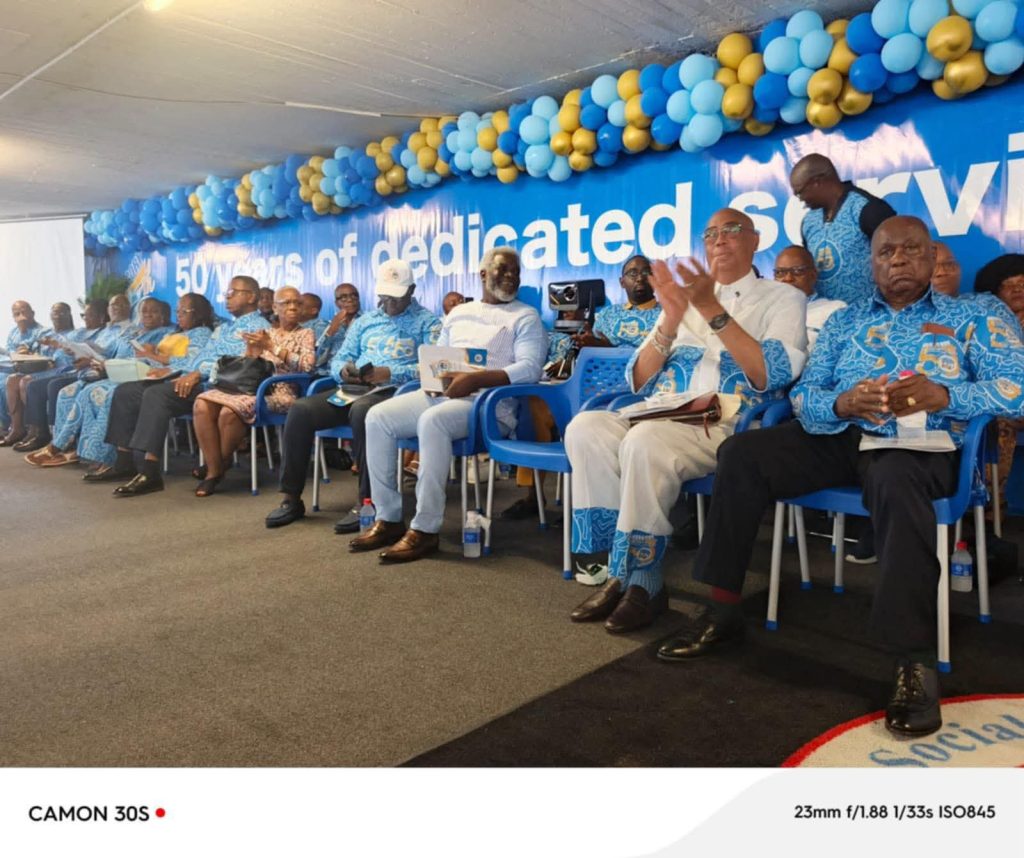Introduction
Kolisi Leadership stood out as South Africa secured a memorable 32–17 win over France in an Autumn international, despite playing the second half with 14 men. Siya Kolisi praised composure and unity, highlighting how the team trusted systems and kept calm in a high-pressure match. A red card could have derailed momentum, but the Springboks adapted quickly, tightened defense, and used smart kicking and controlled field position to turn the match in their favor. Kolisi Leadership became the backbone of the performance—steady, confident, and focused. This victory not only boosted national pride but also showcased why South Africa continues to dominate France in recent history. It was a masterclass in resilience, tactical discipline, and mental strength.
Kolisi Leadership: Tactical Calm in Sudden Adversity
Kolisi Leadership showed immediately after the red card. Sudden adversity can overwhelm even experienced teams, but Kolisi refused to let panic creep in. He gathered his teammates, gave clear instructions, and simplified responsibilities. Instead of trying to chase risky plays, he emphasized structure. The Springboks adjusted defensive lines, shifted support roles, and narrowed the field to manage space. Calm leadership created stability. Players followed his cues, trusting the system instead of reacting emotionally. Tactical calm is a rare skill in elite sport—especially when facing a team like France on their home turf. Kolisi’s composed presence kept the team focused and helped transform a difficult situation into a manageable challenge.
Kolisi Leadership: Turning Territory into Control
Kolisi Leadership inspired a smart territory-driven strategy. In rugby, field position becomes crucial when playing with 14 men. South Africa used contestable kicks to gain ground and apply pressure. Kolisi encouraged his halves to play long, clever kicks into the corners and chase aggressively. The Springboks forced France into uncomfortable areas of the field, slowing their rhythm. Every territorial gain allowed the Boks to reset their defensive shape. Kolisi supported this tactical shift with constant communication, reminding teammates to stay connected and patient. This focus on territory drained France’s energy while boosting South Africa’s confidence. Controlled territory became controlled momentum.
Kolisi Leadership: Discipline That Shaped the Match
Kolisi Leadership is built on discipline, and that discipline shaped this match. Playing a man short requires flawless decision-making. The Springboks stayed patient, avoided silly penalties, and maintained structure at the breakdown. Kolisi set the tone by keeping his tackles clean, staying legally aggressive, and reminding teammates not to engage in emotional exchanges. France expected South Africa to lose focus, but instead, they found a team locked in. The Boks refused to hand over cheap points. Their discipline forced France to chase the game, increasing French mistakes and frustration. Under Kolisi’s guidance, discipline became a strategic weapon.
Kolisi Leadership: Strengthening the Defensive System
Kolisi Leadership also reinforced defensive organization. With one fewer defender, South Africa tightened spacing around the ruck and trusted their scramble defense on the edges. Kolisi directed movement, pointing out where support was needed and where gaps might open. The Springboks tackled with precision, slowed French ball at rucks, and disrupted passing lanes. Every defender understood their role, and communication remained constant. Kolisi’s leadership ensured the defensive line worked as a single unit. France struggled to break through, even with numerical advantage. The Springboks’ defensive resilience reflected preparation, unity, and belief in their system.
Kolisi Leadership: Set-Piece Stability When It Matters
Kolisi Leadership leaned heavily on set-piece stability. The Springboks’ scrum and lineout held strong, creating platforms to exit pressure and launch attacks. Kolisi played an active role in guiding forward communication and reassuring the pack in big moments. Accurate lineout throws, strong mauls, and steady scrums allowed South Africa to reset the match tempo. Set-piece dominance neutralized France’s momentum. Even down a player, South Africa’s forwards asserted physical authority. Kolisi encouraged them relentlessly, ensuring no drop in intensity. Set-piece strength becomes a steady heartbeat in chaotic matches—and Kolisi kept that heartbeat consistent and powerful.
Kolisi Leadership: Impactful Bench Contributions
Kolisi Leadership empowered the bench to shape the outcome. Replacements entered the field with purpose and clarity. They executed clean carries, maintained defensive spacing, and supported the kicking plan. Kolisi and the coaching staff ensured each substitute knew their micro-role before entering. This clarity prevented confusion and preserved the team’s rhythm. Impact players added fresh energy without sacrificing accuracy. They contributed to key turnovers, pressure kicks, and crucial defensive stands. The bench’s composure reflected the culture Kolisi has helped build—one where everyone understands their responsibility and contributes to collective success.
Kolisi Leadership: Emotional Maturity Under Pressure
Kolisi Leadership displayed emotional maturity that influenced the entire squad. Rugby intensity can ignite frustration—especially when a team is reduced to 14 men. But Kolisi’s calm presence controlled emotions and redirected focus. His body language sent a message: stay steady, stay disciplined. This emotional maturity kept the Boks unified. France felt the pressure to chase the game, and their frustration showed through forced passes and rushed decisions. South Africa remained steady-minded, turning emotional control into a competitive edge. A captain’s emotional tone shapes team culture, and Kolisi’s influence ensured that fear and frustration never entered the Springbok mindset.
Kolisi Leadership: Culture That Transforms Challenges
Kolisi Leadership reflects a culture built on respect, humility, and unity. This culture transformed a challenging situation into opportunity. Under Kolisi, players support each other, follow the plan, and trust the team identity. This cultural strength was visible in the way the Springboks defended as a unit, chased kicks together, and celebrated small victories. Every member of the squad contributed to the result. Culture becomes a backbone in pressure situations, and the Springboks’ culture turned adversity into confidence. Kolisi has helped create an environment where leadership is shared, responsibility is embraced, and unity drives performance.
FAQs
How did Kolisi Leadership help after the red card?
Kolisi Leadership brought calm instructions, structure, and focus, allowing the team to regroup and control the match.
Why is discipline key to Kolisi Leadership?
Kolisi Leadership emphasizes disciplined decisions at rucks, tackles, and kicks, reducing risk while maintaining pressure.
What makes Kolisi Leadership unique?
Kolisi Leadership blends humility, unity, and tactical awareness, inspiring the team to excel under intense pressure.
Conclusion
Kolisi Leadership turned a moment of crisis into a remarkable 32–17 victory. Through discipline, territory control, set-piece strength, and emotional steadiness, the Springboks managed one of their most impressive performances while playing with 14 men. Kolisi’s guidance united the team, giving them clarity and purpose. This match proved that Kolisi Leadership is not just about inspiration—it is about consistent, intelligent decision-making under pressure.




